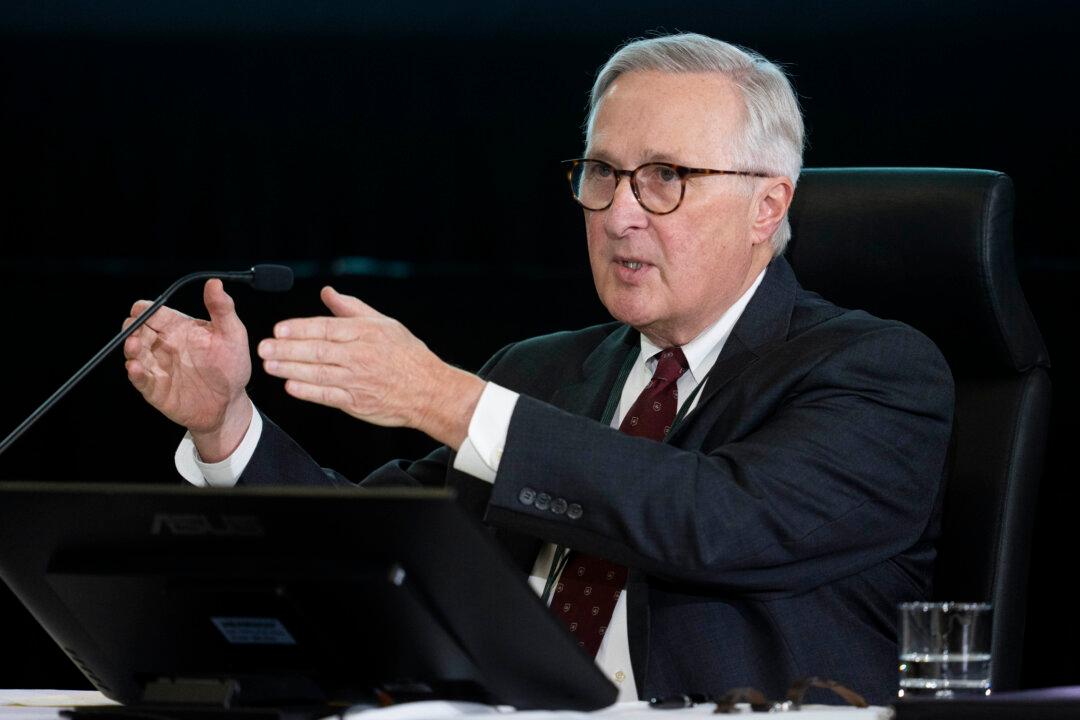Beijing’s increasing use of espionage, threats, and territorial expansion risks becoming normalized as the West fails to push back effectively, says former CSIS director Richard Fadden.
Fadden made the comment during a Nov. 25 keynote speech at the Vancouver International Security Summit, where security and intelligence experts discussed foreign threats, particularly from malign state actors like China, as well as Russia, Iran, and North Korea.





